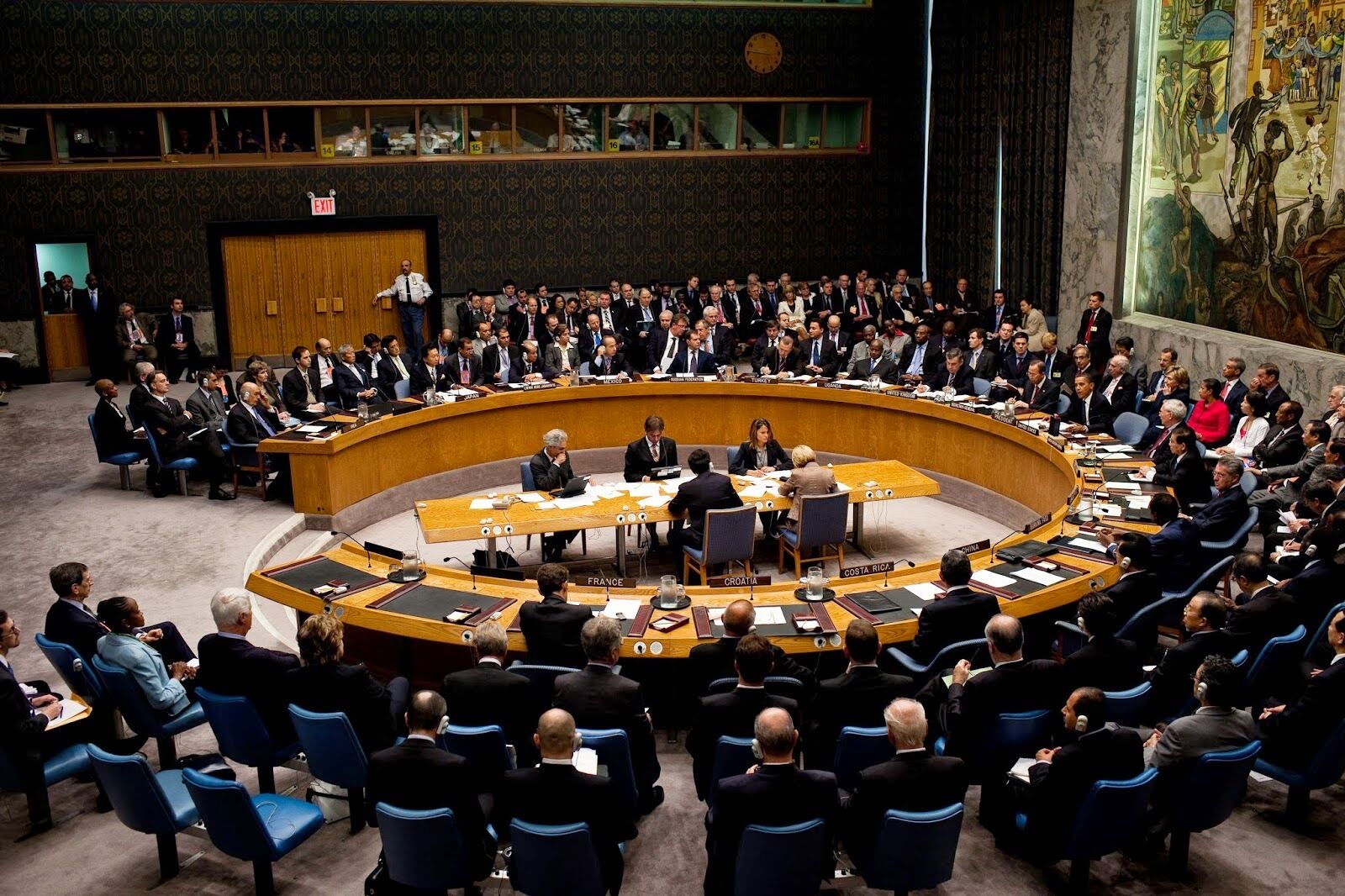Calculative stance?

The United Nations General Assembly (UNGA) voted 141-5 to condemn Russia's invasion of Ukraine — demanding Russia to withdraw its troops unconditionally. India was among the 35 countries that decided to abstain from voting in support of the resolution. Notably, India's stand at UN sessions has been unwavering on this issue for over the past week. India's abstention at UNGA came a week after it abstained from voting a similar resolution at the United Nations Security Council. UNSC resolution is binding on the participating members whereas UNGA is not legally binding. Western countries had failed to pass the UNSC resolution due to vetoing by a permanent member — Russia itself. India, one of the non-permanent members of the UNSC, had also abstained from voting, along with China. India's decision to refrain from calling out Russia on the global stage for its aggression is being seen through different lenses from different parties. It certainly has created a great deal of dissatisfaction in the Western circles, particularly the US. Jeanne Shaheen, a New Hampshire Democrat, opined that India's dependence on Russia for weapons has "also covered values". Some others see India to be siding with the 'winning side'. And a good number of Western representatives were simply bewildered to see that India is 'shifting away' from democratic principles. All these notions are, in fact, truncated and represent only the half-truth. Essentially, what India is trying to secure is its wider geopolitical and national interests. There is no denying the fact that India has downplayed the element of principle in its considerations. However, strictly speaking, India's stand cannot be technically condemned for being pro-Russia — even though it is, in effect. It must be noted that in its explanation of the vote, India has condemned the hostile situation and called for 'immediate ceasefire'. At the top of everything, India has been expressing legitimate concerns around evacuation of Indian students. However, developing a notion that India is compromising with democratic principles for just the safety of stranded students will only reflect a part of the truth. Ensuring the safety of Indian students is more of a diplomatic exercise than a bargain. It might be too early to assume that India's abstention from voting against Russia is an indicator of India reeling under the Russian pressure. In fact, it may just point towards India's efforts towards maintaining strategic autonomy that has been a characteristic of its foreign policy right since the beginning. India perhaps is aware that Russia is the sole big power in Asia that can stand by it, or at least act as a moderator, in case of increasing tensions with China. India's adverse relations with Asian powers like China and Pakistan are no mystery. Furthermore, India appears to look at the Ukrainian crisis in a broader geopolitical context where the West is as much faulty as Russia. And it may not be wise to express support towards one bloc because the other appears to be more wrong in the present circumstance. India is among the limited nations that is consistently in dialogue with Russia and could have a certain degree of influence over Russian actions. It has been urging for a dialogue among the involved parties, for a broader solution of the historically complex tangle of Ukrainian crisis. All these arguments are nowhere to suggest that India's stand at UNGA and UNSC cannot be criticised. It can be, but not in a truncated sense. India's balancing approach, which is seemingly ambiguous, could have many fallouts for its foreign policy. In the first place, it may sour its relations with the West, Quad countries in particular, which could slightly affect the vision of countering China in the Indo-Pacific region. India may also face a backlash from the US in the form of CAATSA sanctions for its S-400 deal with Russia. But the Quad is of as much strategic importance to the West as it is to India. Also, the Indo-US ties do have their own broader complex and may only be marginally affected by India's abstention. The bigger issue for India is that its moderate stance on imperial aggression of Russia could establish a bad precedent and bolster China to pursue the same across Indian borders. India, in that case, may lose the moral ground to seek global support. Still bigger is the issue of its image as a democracy flagbearer being tainted at the global stage. India is ready to extend support to Ukraine in terms of humanitarian aid but it has bigger things at stake when it comes to geopolitical considerations and national interest. One may feel bad for Ukrainians as this war is a highly emotive issue for them, but India holds on to pragmatism by not siding with the West which may have its own agenda.



